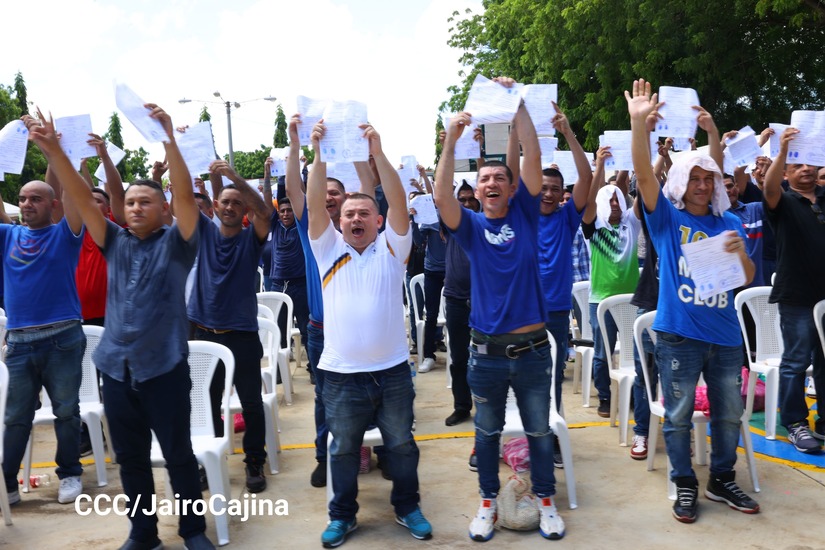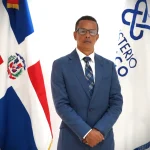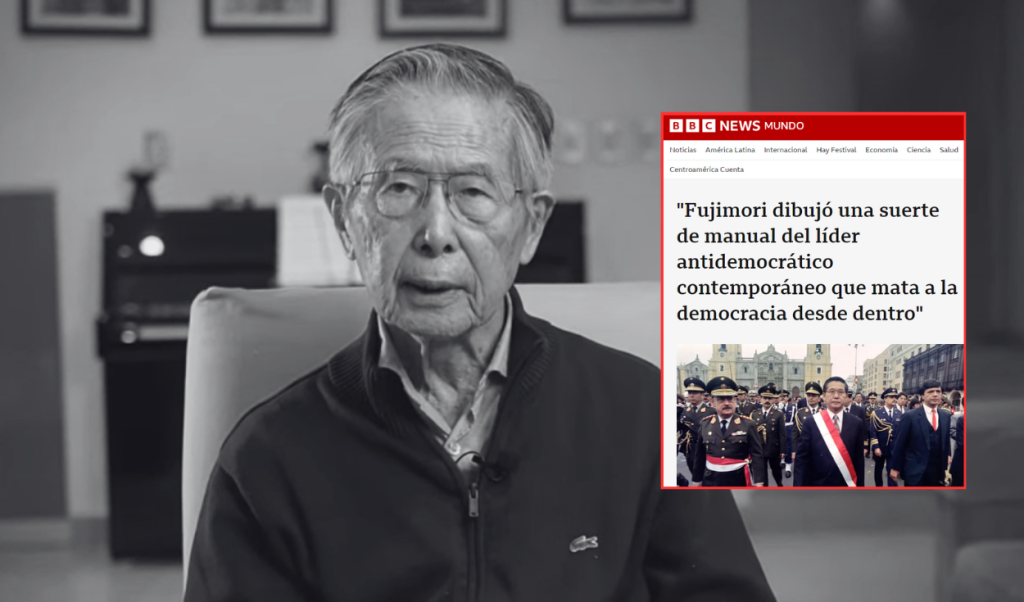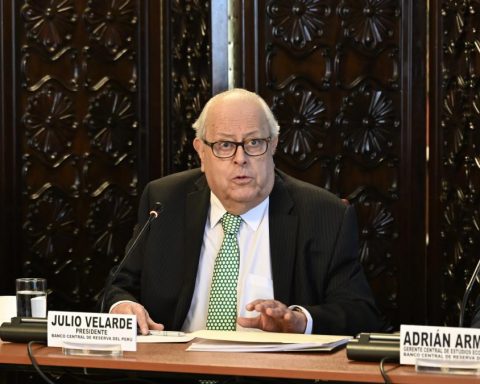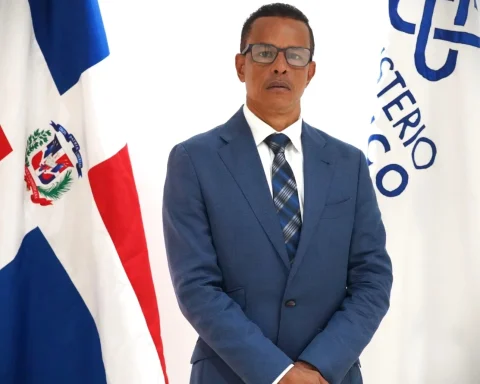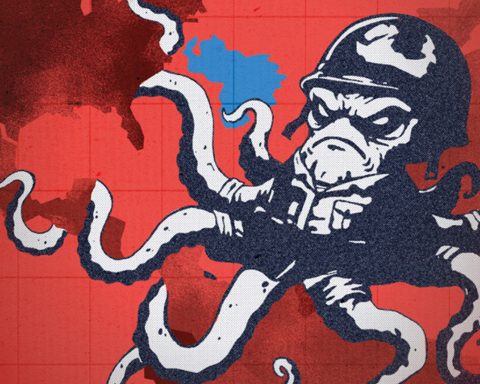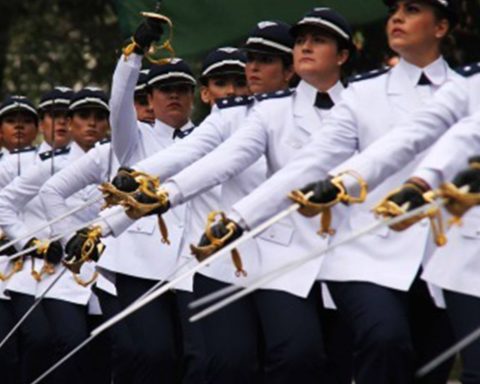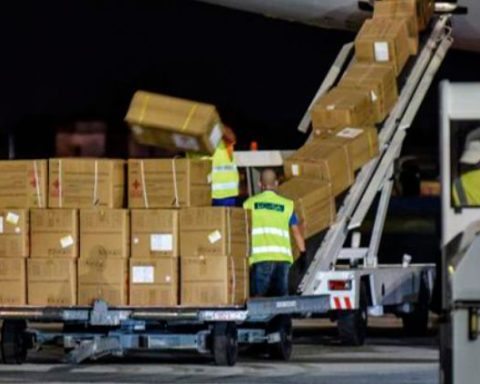The Ortega-Murillo dictatorship On Thursday, the government released 1,600 common prisoners on the occasion of the patriotic month, while it keeps dozens of opponents imprisoned and tortured and forcibly exiled another group whose movable and immovable property it also denationalized.
“All these people are receiving a new opportunity to live righteously and, in coexistence with their families in their homes, we can appreciate this other moment in their lives. We must rectify errors and continue walking as we should walk with a conscience of humanity. We can make mistakes, and we must entrust ourselves to them,” he said. Rosario Murilloto official media.
The prisoners, including 1,491 men and 109 women, were granted the “family cohabitation regime,” a legal modality that allows inmates with minor sentences and good behavior to finish serving their sentences at home.
In the act of liberation of common prisoners, convicted of theft, assault and drug trafficking, participated Maria Amelia Colonel Kinloch who is the head of the Ministry of the Interior and charged by Ortega with executing the closure of more than 5 thousand NGOs and ordering the psychological torture of opponents detained by the regime.
This is the fourth mass release of common prisoners carried out by the Sandinista government so far in 2024. So far, the opposition has not identified any of the opposition prisoners still in the country’s prisons among those released this Thursday. The release of common prisoners keeps the population in suspense, which has denounced a increase in crime in the country.
Related news: The US announces that it has secured the release of 135 political prisoners in Nicaragua
The Sandinista regime released 135 political prisoners and forcibly exiled them to Guatemala on September 5. Days later, Ortega denationalized and seized the assets of these opponents. The official list of this last group has not been revealed by the dictatorship.
As of July this year, the Mechanism for the Recognition of Political Prisoners counted 147 political prisoners. In August, 12 were kidnapped. priests and lay Catholics who were expelled from the country and sent to the Vatican. With the release of 135 political prisoners, 12 people remain in prison for political reasons.
Opponents who are detained by the regime are prosecuted for “terrorism” and other crimes under a law, approved in 2023, that criminalized protests with up to 20 years in prison. Recently, the Ortega government approved the reform of three laws to maintain greater control over citizens: the Money Laundering Law, the Nicaraguan Penal Code and the Cybercrime Law.
According to experts, even though the regime imprisons those who criticize the government, it continues to release people due to fear of sanctions imposed by the international community; however, it seeks to use new laws to frighten citizens so that they do not rebel or criticize the dictatorship.
